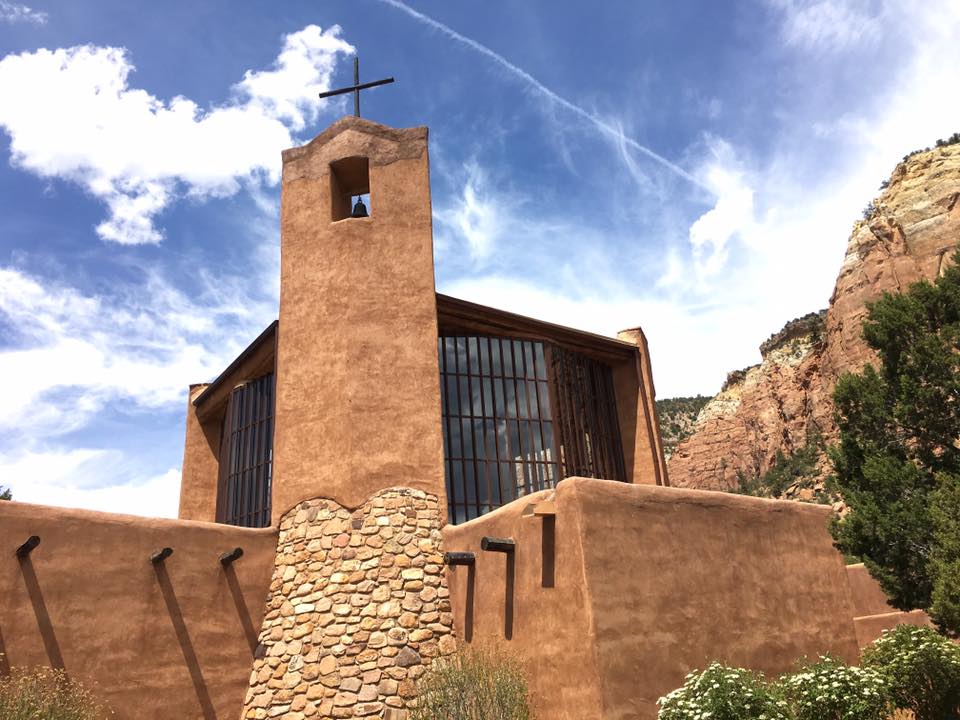
Essay contribution to the Catholic magazine America describes a visit to Christ of the Desert, a Benedictine monastery in New Mexico, in search of self and solitude, titled “Monks aren’t the ones living in silence and solitude. We are.”
URL: https://www.americamagazine.org/faith/2017/12/14/monks-arent-ones-living-silence-and-solitude-we-are


